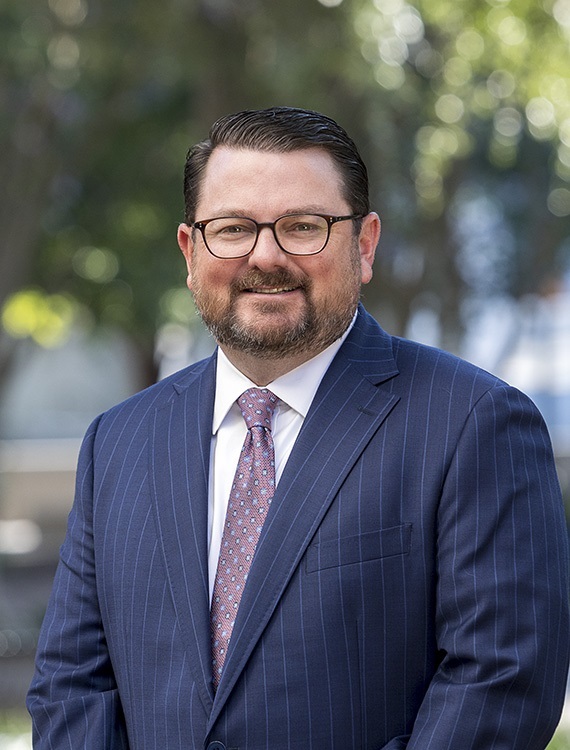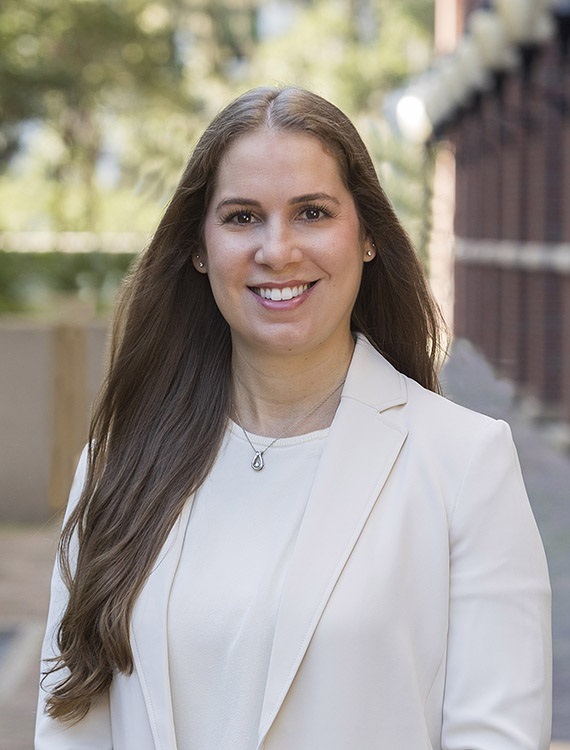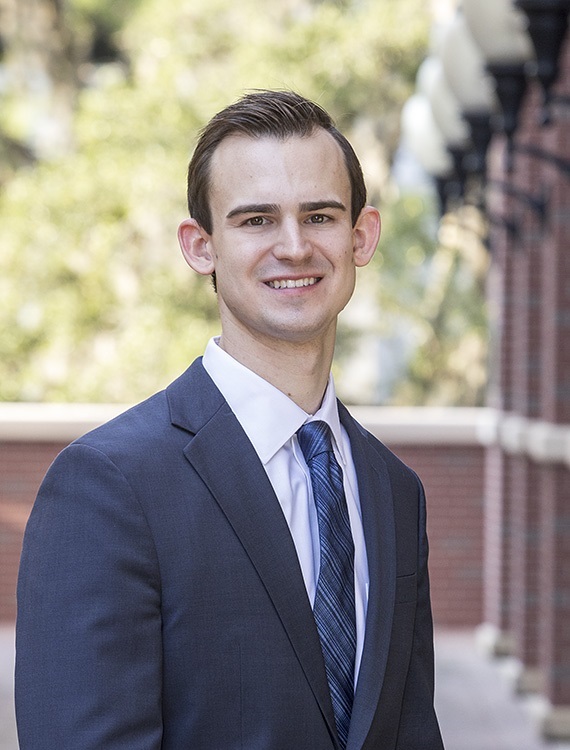Session’s casualty list is lengthy
ASSOCIATED PRESS
By Joe Follick
Published: Saturday, May 2, 2009 at 1:00 a.m.
Last Modified: Friday, May 1, 2009 at 10:38 p.m.
TALLAHASSEE – Plagued by a historic budget deficit and turmoil in the House leadership, Florida lawmakers came to a partial close of their annual session Friday, cutting deals on property insurance and school funding, while rejecting the governor’s renewable energy bill.
But because they could not finish their negotiations on a new $65 billion state budget, they missed their Friday deadline and extended their 60-day session for another week.
The extension will be limited to the budget and related issues, including a $1-a-pack cigarette tax, more than $800 million in fees and a major gambling package.
The 2009 session, which is now scheduled to conclude next Friday, may be more well-known for what did not pass, rather than its accomplishments.
Among the issues that fell by the wayside were Gov. Charlie Crist’s ambitious plan to have Florida generate 20 percent of its electricity from renewable sources by 2020, a move to ease class-size restrictions, a proposed Central Florida commuter rail project and the state endorsement of red light cameras.
Florida Forever, the nation’s largest public land-acquisition program, may not receive funding next year — although some supporters say they will try to keep the issue alive in the final budget negotiations.
Despite the challenges, lawmakers did take some significant steps, including passing a bill that will help state universities boost tuition, a measure that will let police officers pull over motorists not wearing their seatbelts and a bill that will let Citizens Property Insurance and other insurance companies increase their rates up to 10 percent.
House Republicans cited as some of the session’s successes the passage of legislation limiting attorney’s fees in cases involving injured workers, a constitutional measure to limit property tax increases on non-residential property and a bill expediting some permitting for targeted industries.
"Our focus has been on creating jobs and finding ways to jump start Florida’s economy," said House Majority Leader Adam Hasner, R-Delray Beach. Hasner defended the one-week session extension. "While it is going to take a few extra days, getting it done right is more important," he said. "It’s a responsible approach that takes a long-term view."
But Rep. Ron Saunders, D-Key West, complained that as most lawmakers head home and will not return to Tallahassee until late next week to vote on the final budget bill, the final decisions will be in the hands of a few Republican legislative leaders.
"They want us to come back on Thursday when everything’s done," Saunders said. "Once again, in their spirit of openness and transparency, there’s neither."
Most troubling to Saunders was the lack of any details on how the state may spend more than $800 million in revenue expected from the cigarette tax, which the Legislature has yet to vote on.
"We’re not even sure how they’re going to move it forward," said Saunders. "It’s very complicated and they didn’t even talk about it."
Heading into the session, lawmakers had to confront a $6 billion budget deficit and that made the budget bill the dominant issue of the session and limited their ability to embrace new initiatives.
But lawmakers were helped by using some $5 billion from the federal stimulus package, although they rejected $444 million in federal unemployment aid.
The House underwent a dramatic leadership change just before the session began when Ray Sansom had to step down from the speakership and was replaced by Speaker Larry Cretul, R-Ocala. Sansom was indicted last month for allegedly falsifying documents related to state funding for a $6 million airport hangar in his district.
And after the House and Senate passed their budget bills, lawmakers took more than a week in closed-door negotiations to work out the general framework of a budget agreement before beginning public debate about the final budget deal.
In what was to be the final day of the 60-day session, lawmakers tried to finish the bulk of their work.
They reached agreement on most of a public school budget that will boost spending by $28 a student for the pre-kindergarten-through-high-school system — or a total of $6,873.
But other major budget issues remain to be resolved in the next few days, including more than $800 million in fees relating to court costs, driver’s licenses, trash disposal and saltwater fishing. Lawmakers must also decide a potential pay cut for state workers, with the reduction aimed at workers making $65,000 or more a year.
And lawmakers are still trying to negotiate a plan to allow more gambling on resorts owned by the Seminole Tribe and at horse tracks, jai alai frontons and dog tracks. The gambling pact could raise $300 million or more for the state budget.
One of the biggest casualties of the session was the governor’s energy package.
The Senate strongly supported it, but it was never debated in the House, which had pushed a plan to allow offshore oil drilling that the Senate never considered.
Sen. Jim King, R-Jacksonville, summed up the fate of the legislation in the House. "We thought it was visionary. They had another word for it," he said.












